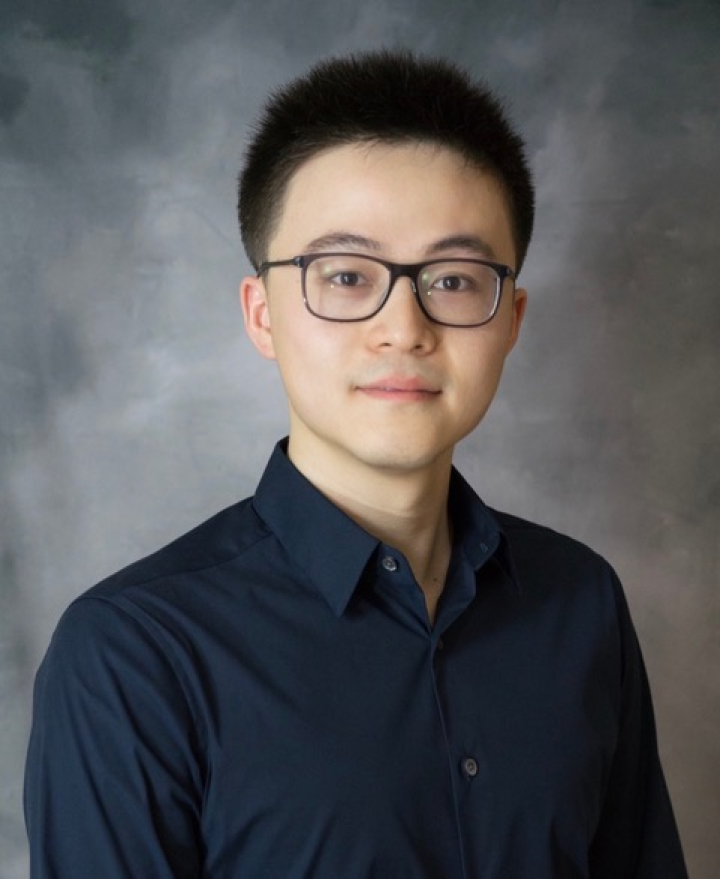Ruohan Gao Joins Computer Science Faculty with Expertise in Multisensory Learning
Ruohan Gao will join the University of Maryland’s Department of Computer Science as an assistant professor, where he will lead the Multisensory Machine Intelligence Group. His research centers on computer vision and machine learning, focusing on multisensory learning—integrating sight, sound and touch.
“I’m thrilled to start this new chapter of my career at UMD’s Department of Computer Science,” Gao said. “It’s such an exciting journey ahead to collaborate with brilliant colleagues, work with talented students and contribute to the department’s tradition of excellence. I can’t wait to dive into the vibrant research and teaching environment here and make meaningful contributions to the department’s continued success.”
Gao’s research centers on empowering machines to emulate and enhance human capabilities in perceiving and engaging with the multisensory world. His approach involves learning from humans to unlock new applications in vision, graphics, virtual reality and robotics.
“My research in computer vision and machine learning aims to create machines that can comprehensively perceive, understand and interact with the multisensory world as humans do,” Gao said. “This has broad societal implications, from enhancing accessibility tools for individuals with sensory disabilities to improving safety and efficiency in autonomous systems such as cars and robots.”
Gao’s interest in the evolution of sensory perception has deeply influenced his research trajectory. He recalls being inspired by learning about the connection between sensory development and evolution during childhood biology classes.
“Vision, in particular, stands out as a game-changer—it emerged hundreds of millions of years ago and sparked the Cambrian explosion of animal species,” Gao shared. “That history inspired me to dive into computer science, where I could explore ways to help machines not just see but also understand and even enhance the way vision works. While much of machine perception focuses on vision alone, its true potential is unlocked when combined with other senses, just as evolution has shown us.”
At the Multisensory Machine Intelligence Lab, Gao plans to develop intelligent systems capable of seamlessly integrating sight, sound and touch. This includes designing systems that reliably capture multisensory data from real-world objects and environments, creating innovative representations and algorithms to model them, and exploring cross-modal and multimodal applications. His goal is to advance the emerging field of multisensory machine intelligence and tackle real-world challenges through these innovations.
Gao received a Ph.D. in Computer Science from the University of Texas at Austin and later completed a postdoctoral fellowship at Stanford’s Vision and Learning Lab. He has been recognized with several honors, including the Best Paper Award Runner-Up at the British Machine Vision Conference (BMVC) in 2021 and the Stanford Artificial Intelligence Lab (SAIL) Postdoctoral Fellowship (2021-2023).
—Story by Samuel Malede Zewdu, CS Communications
The Department welcomes comments, suggestions and corrections. Send email to editor [-at-] cs [dot] umd [dot] edu.
